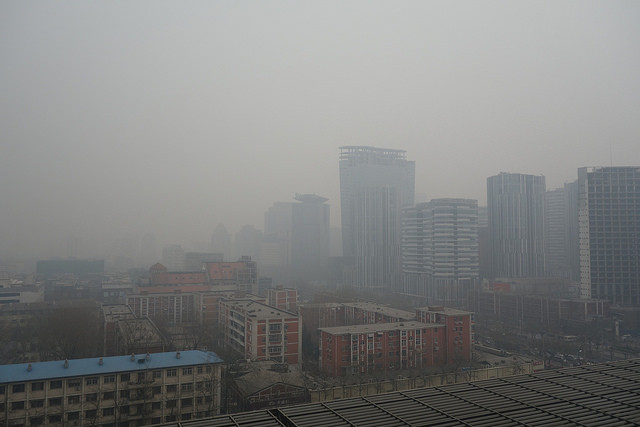While China seeks to be pollution-free, environment watchdogs themselves believe that crude and straightforward measures to reduce and prevent pollution are not useful if they would only end up hurting businesses. Blanket reforms to address pollution should be trodden carefully.
According to Environment Minister Li Ganjie, officials planning to propose and impose crude blanket plants to reduce pollution should think twice, because this could harm the economy. With the effects of the trade war with the United States starting to be felt, any more reforms that can hurt businesses is likely to shake the economy even more.
According to Ganjie, in a two-day conference, the current economic instability being felt by the nation has added another layer of complexity to the environmental policy of China. The slow pace of economic structural adjustment adds to the uncertainty. As such, the ministry would actually warn against or prohibit blanket ban of factory operations even if they are designed to solve the pollution issue. Instead, Li claimed that there should still be discretion when applying pollution controls in whatever sector or region.
Not only does this ran contrast to what could be expected from the environmental organization, but it also seems to conflict with what President Xi he wants to see under his leadership. According to Xi Jinping, officials must start considering the effects of their businesses and activities on the environment as opposed to just pursuing economic growth, all-out.
However, even before central government inspection teams start to monitor pollution levels, some local officials already reacted to Jinping's orders by closing down all factories, whether they meet or do not meet environmental standards. Li said this is not right at all.
Li claimed that there is still a need to ensure a fair atmosphere for businesses to thrive despite environmental protections. However, by using blanket curbs, this kind of a business environment will not materialize. Instead, blanket curbs are only going to hurt the image of the party and the government, violate the legitimate rights of businesses, and even cause chaos and inconvenience to the general public.
It cannot be denied however that air pollution is a significant environmental and health threat in China. Research from the Chinese University of Hong Kong early this month revealed that annually, around 1.1 million premature deaths happened because of air pollution. Also, air pollution is costing the national economy by 267 billion yuan a year as if negatively affects 20 million tonnes of rice, wheat, maize, and soybean.






